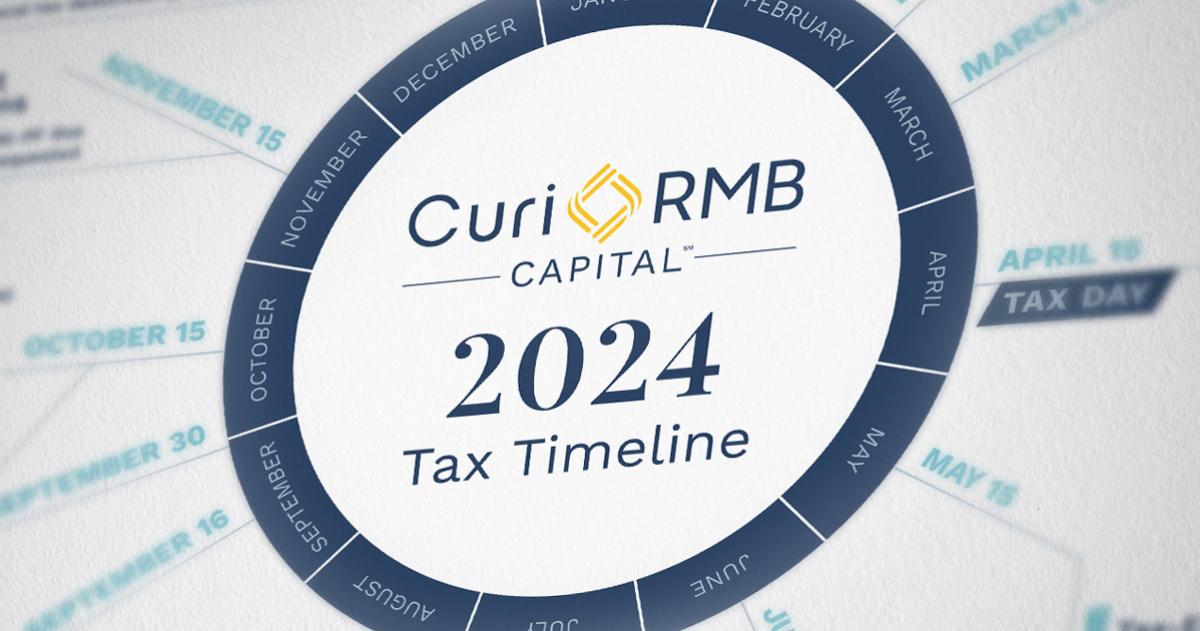Is This a Good Time for a Roth IRA Conversion?
Let’s be blunt: It’s never fun when the stock market drops. Investors may feel dismay and anxiety as they see gains they’ve earned retreat into a bear market. However, if you still have some time in the market before you retire, there might be one upside to all the recent volatility: the ability to save money while creating an opportunity for tax-free growth by converting your standard IRA or 401(k) into a Roth.
According to data from Fidelity, Roth conversions were up 18% in the first quarter of 2022 compared to the same period in 2021. And it’s not hard to see why: With stock portfolios losing value, the prospect of taking a smaller one-time tax hit for long-term tax-free growth looks appealing to many investors. The benefit of converting a standard IRA or 401(k) to a Roth is relatively straightforward. Investors will pay taxes now on the value of their IRA or 401(k) in exchange for being able to withdraw money from their Roth tax-free down the line. For example, if an IRA is currently worth $100,000, by converting to a Roth, the taxes are paid upfront this year. At retirement, whether the value of the Roth is $250,000 or $500,000, all of the growth is accrued and can typically be withdrawn tax-free.
Roth conversions also allow investors to get around income caps other vehicles have—making regular contributions to Roth IRAs starts to phase out for single taxpayers who make more than $129,000 per year and for married couples making more than $204,000 per year.
Roth IRAs have other advantages over competing retirement vehicles. They are not subject to required minimum distributions in retirement, so investors can continue to let their money grow if they don’t need to tap into it right away. For estate and income tax planning purposes, upon death of the owner, Roth IRAs also maintain their income tax-free status for beneficiaries, although non-spouse beneficiaries are subject to required minimum distributions.
All that said, there are a few situations when converting to a Roth right now may not be a good choice. First, if you’re getting ready to retire and need to immediately draw from your IRA, this may not be an ideal option, as you need time in the market for your assets to grow enough to outweigh paying that upfront tax bill. In addition, Roth conversions must wait five years before withdrawal or face a 10% penalty, so if you need access to that money anytime soon, your assets would take a significant hit. In addition, it’s possible you may be in a much lower tax bracket in retirement, so paying at a potentially higher tax rate to convert now may not make sense long term.
Finally, if paying the tax bill right away is going to create a financial hardship or you don’t have sufficient assets outside of your IRA to cover the taxes, then a Roth conversion may not be for you.
Consult your RMB advisor to discuss your individual situation and your options on Roth conversions. Some 401(k) plans offer a Roth option, including something called a “Mega-Roth,” which allows investors to make up to $40,000 of after-tax contributions into a Roth, allowing you to access the benefits of tax-free growth via a Roth that isn’t subject to income limits. Again, if you’re many years away from retirement and have time to keep this extra money in the market, this could be a huge advantage.
So, what happens if the markets bounce back and go up? Even if that’s the case, if you have time on your side and the cash available to pay the tax bill, it should be something to explore, in addition to considerations around your risk tolerance and your asset allocation. Your advisor can help you sort out the different options and the pros and cons as they relate to your own financial situation.
At RMB, we’re always looking for opportunities in every type of market, and that goes beyond selecting individual securities. The potentially favorable environment for Roth conversions for some investors in the face of a bear market is just one more example of how we are constantly on alert for ways to help you reach your long-term financial goals.
The opinions and analyses expressed in this communication are based on RMB Capital’s research and professional experience and are expressed as of the mailing date of this communication. Certain information expressed represents an assessment at a specific point in time and is not intended to be a forecast or guarantee of future results, nor is it intended to speak to any future time periods. RMB Capital makes no warranty or representation, express or implied, nor does RMB Capital accept any liability, with respect to the information and data set forth herein, and RMB Capital specifically disclaims any duty to update any of the information and data contained in this communication. The information and data in this communication do not constitute legal, tax, accounting, investment, or other professional advice. An investment cannot be made directly in an index. The index data assumes reinvestment of all income and does not bear fees, taxes, or transaction costs. The investment strategy and types of securities held by the comparison index may be substantially different from the investment strategy and types of securities held by your account.
Certified Financial Planner Board of Standards Inc. owns the certification marks CFP®, CERTIFIED FINANCIAL PLANNER™, and federally registered CFP (with flame design) in the United States, which it awards to individuals who successfully complete the CFP Board’s initial and ongoing certification requirements.







